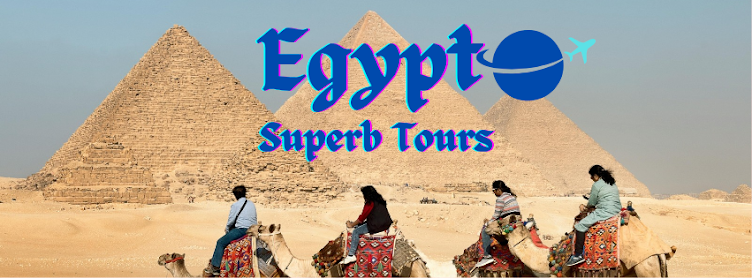Religion in Egypt
Religion is a central aspect of life in Egypt, deeply influencing its culture, traditions, and daily practices. The predominant religion in Egypt is Islam, with the majority of Egyptians being Sunni Muslims. However, Egypt is also home to a significant Christian minority, primarily members of the Coptic Orthodox Church, and a small Jewish community.
1. Islam Islam is the state religion of Egypt, and it plays a crucial role in shaping the social and cultural fabric of the country. Key aspects include:
Daily Life: The five daily prayers (Salah) punctuate the day for devout Muslims, and the call to prayer (Adhan) is heard from mosques throughout the country.
Friday Prayers: Fridays hold special significance in Islam, with Muslims gathering for the Jumu'ah prayer at mosques.
Holy Sites: Egypt boasts numerous historic mosques and Islamic monuments, such as the Al-Azhar Mosque, the Mosque of Ibn Tulun, and the Mosque of Muhammad Ali in Cairo.
2. Christianity The Coptic Orthodox Church is one of the oldest Christian denominations, tracing its origins to Saint Mark the Evangelist in the 1st century AD. Key aspects include:
Coptic Traditions: The Coptic community has its own liturgical language, Coptic, which is used alongside Arabic in religious services.
Monasteries and Churches: Egypt is home to many ancient Coptic monasteries and churches, such as the Monastery of Saint Anthony, the Monastery of Saint Macarius, and the Hanging Church in Cairo.
Festivals in Egypt
Egyptian festivals are vibrant and diverse, reflecting the country's rich religious and cultural heritage. These festivals are occasions for family gatherings, feasts, and communal celebrations.
1. Islamic Festivals
Ramadan: This holy month of fasting is one of the most significant periods in the Islamic calendar. Muslims fast from dawn to sunset, breaking their fast with an evening meal called Iftar. The streets come alive with lanterns (fanous) and communal gatherings for Iftar and Suhoor (pre-dawn meal).
Eid al-Fitr: Marking the end of Ramadan, Eid al-Fitr is a joyous celebration. Families come together for special prayers, feasts, and the exchange of gifts and sweets.
Eid al-Adha: Known as the "Festival of Sacrifice," Eid al-Adha commemorates the willingness of Prophet Ibrahim (Abraham) to sacrifice his son as an act of obedience to God. It involves the ritual sacrifice of animals, with meat distributed to family, friends, and the less fortunate.
2. Coptic Christian Festivals
Coptic Christmas: Celebrated on January 7th, Coptic Christmas is a major religious holiday for Egyptian Christians. It includes special church services, festive meals, and the exchange of gifts.
Coptic Easter: This festival, celebrated after a period of fasting known as Lent, is one of the most significant events in the Coptic calendar. It includes prayers, feasts, and communal celebrations.
3. Other Cultural Festivals
Sham El-Nessim: This ancient Egyptian festival marks the beginning of spring and is celebrated by both Muslims and Christians. It involves picnicking in gardens and parks, eating traditional foods like salted fish (feseekh), green onions, and colored eggs.
Pharaonic Festivals: Egypt also celebrates its ancient heritage with events like the Opet Festival and the Wafaa El-Nil Festival, which honor the country's pharaonic past and the life-giving Nile River.
Religion and festivals in Egypt offer a fascinating glimpse into the country's rich cultural tapestry, where ancient traditions and modern practices coexist harmoniously, fostering a sense of community and continuity across generations.
